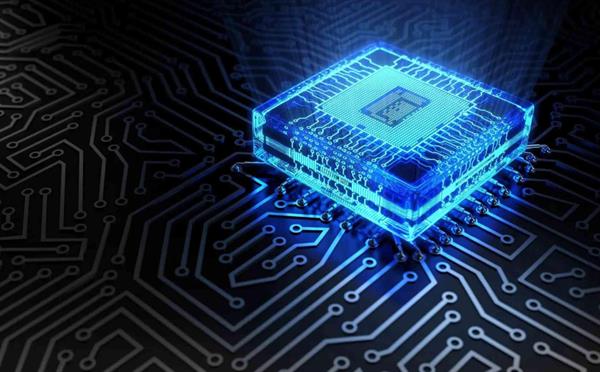The global semiconductor pattern may usher in a new round of reshuffle

In recent years, the United States has been sanctioning China on its chip policy. From the chip ban at the beginning, to the formation of a "chip four-party alliance" with Japan, South Korea and Taiwan, to the introduction of the "Chip and Science Act", and now the old United States pulls Japan, the Netherlands, etc. Signed a DUV lithography machine agreement to jointly limit the shipment of mature chips to China. It can be said that the purpose of the United States is to lock Chinese semiconductors in the 14nm process.
However, with the implementation of the U.S. clothing policy, the collective reversal of the seven chip giants including Intel、Samsung and ect. has attracted widespread attention from all over the world.
Four of the seven chip giants are American companies, namely #Intel, #Qualcomm, #Nvidia, and #Synopsys. The reason why they turn against the U.S because the US's restrictions on shipments have caused their revenue and profits to decline sharply. In order to recover losses, these companies can only take risks.
The first turn against the U.S is Nvidia. In order to bypass the US restrictions, Nvidia has customized GPU processors for Chinese companies. Immediately afterwards, Intel and Synopsys followed suit. The former launched a Chinese-specific GPU chip, and the latter also launched a version of the EDA tool provided by China Enterprise. After Qualcomm learned of the new U.S. regulations, it directly came out and said that it would continue to provide 4G and other products to China, and the license would remain valid.
In contrast, Samsung, TSMC and ASML's turn against the U.S seems a bit unexpected. Among them, ASML issued a warning to the United States, saying that if it does not sell DUV lithography machines and other equipment to the Chinese market, the global semiconductor industry chain may face interruption. When the United States signed the tripartite agreement, it also deliberately revealed to the outside world that the purpose is The tripartite agreement must be broken.
Seven of the top ten chip giants in the world have turned against the U.S, which means that it may trigger a new round of reshuffle in the global semiconductor landscape. As Bill Gates said: Not selling chips to China will only accelerate China's self-sufficiency in chips.



